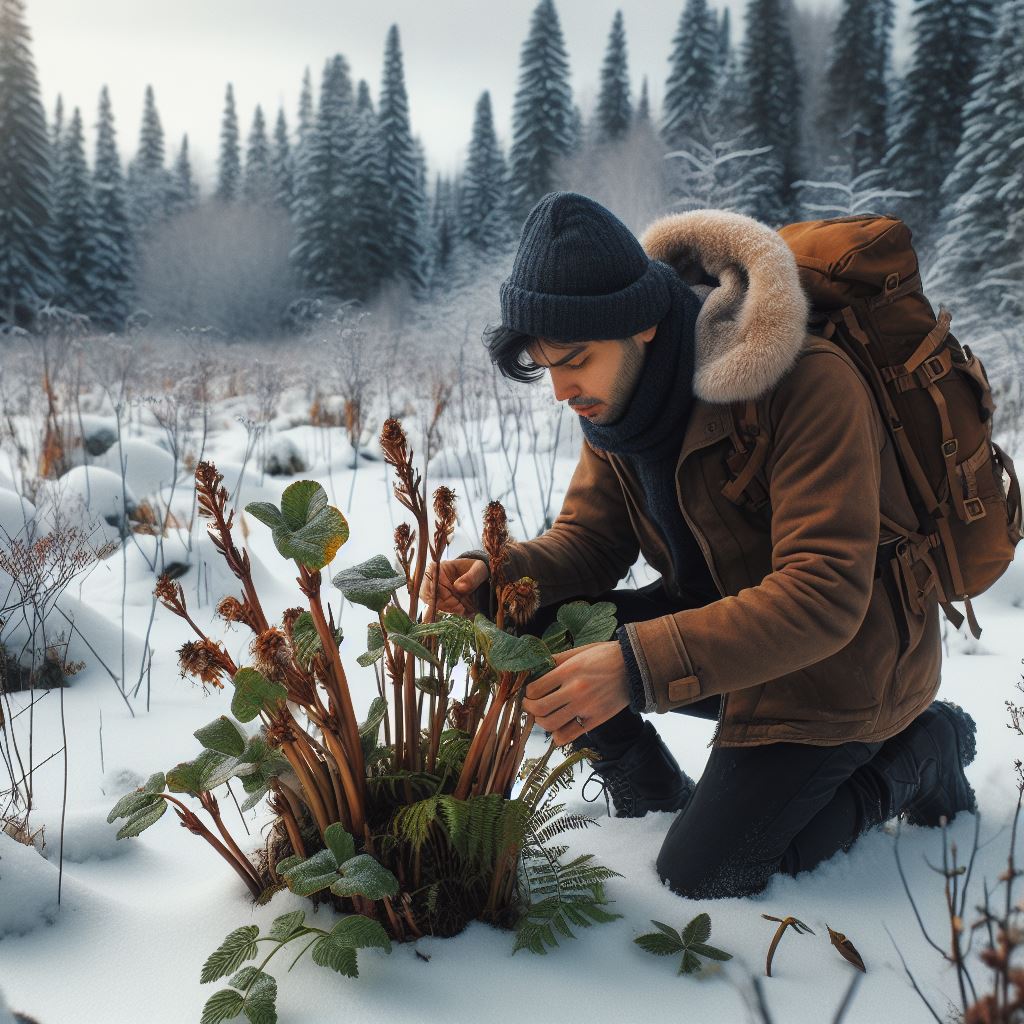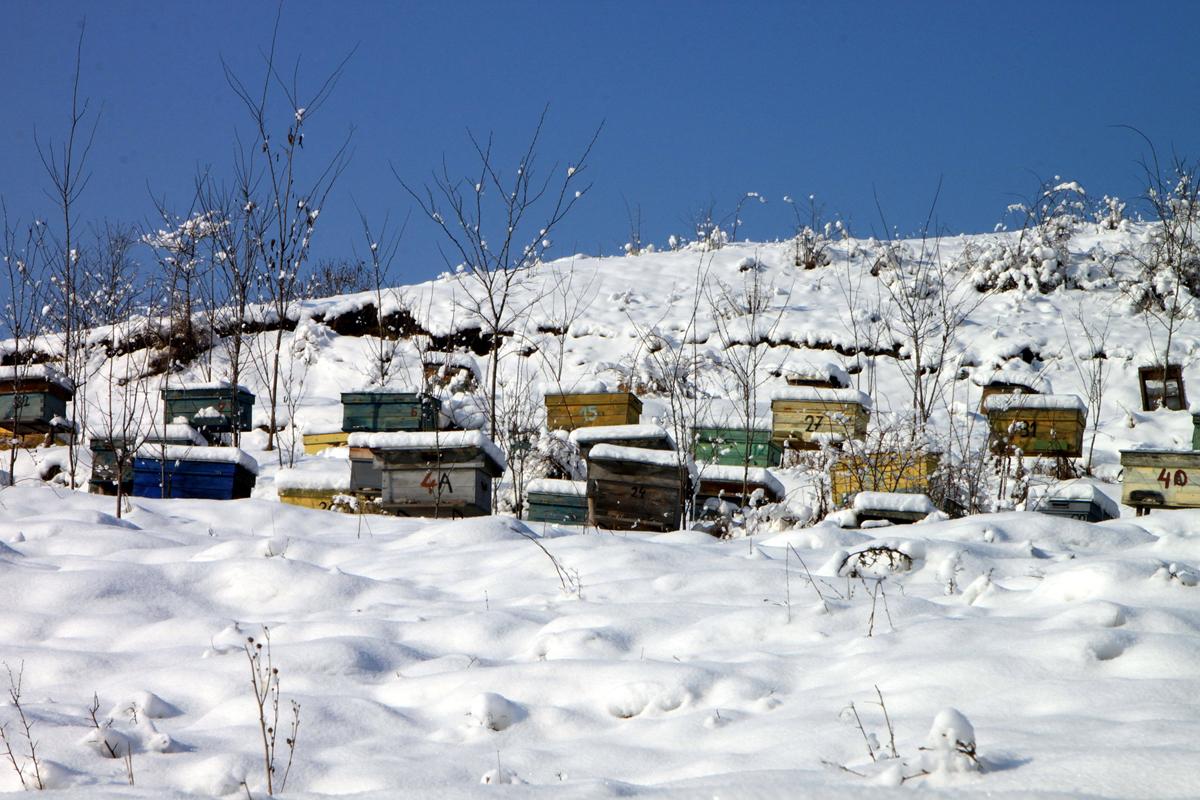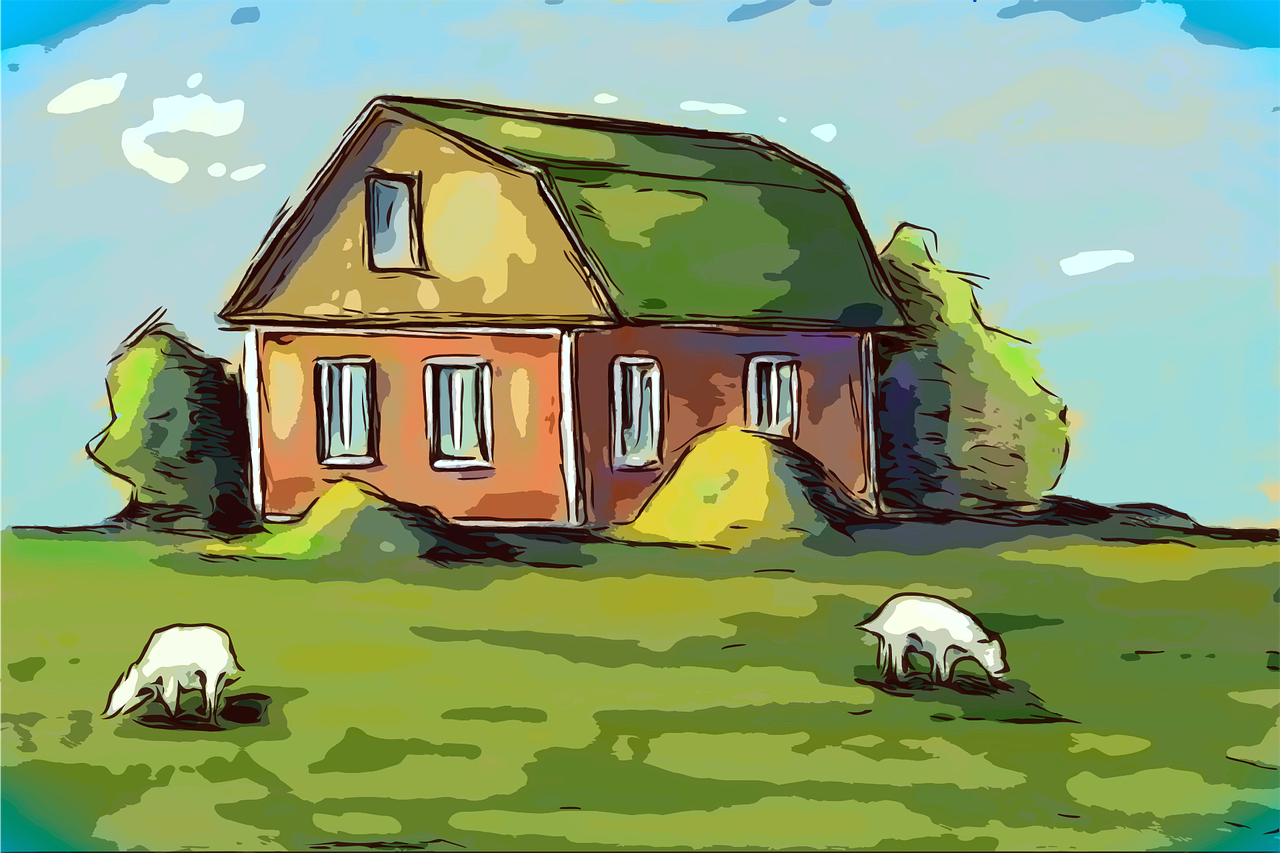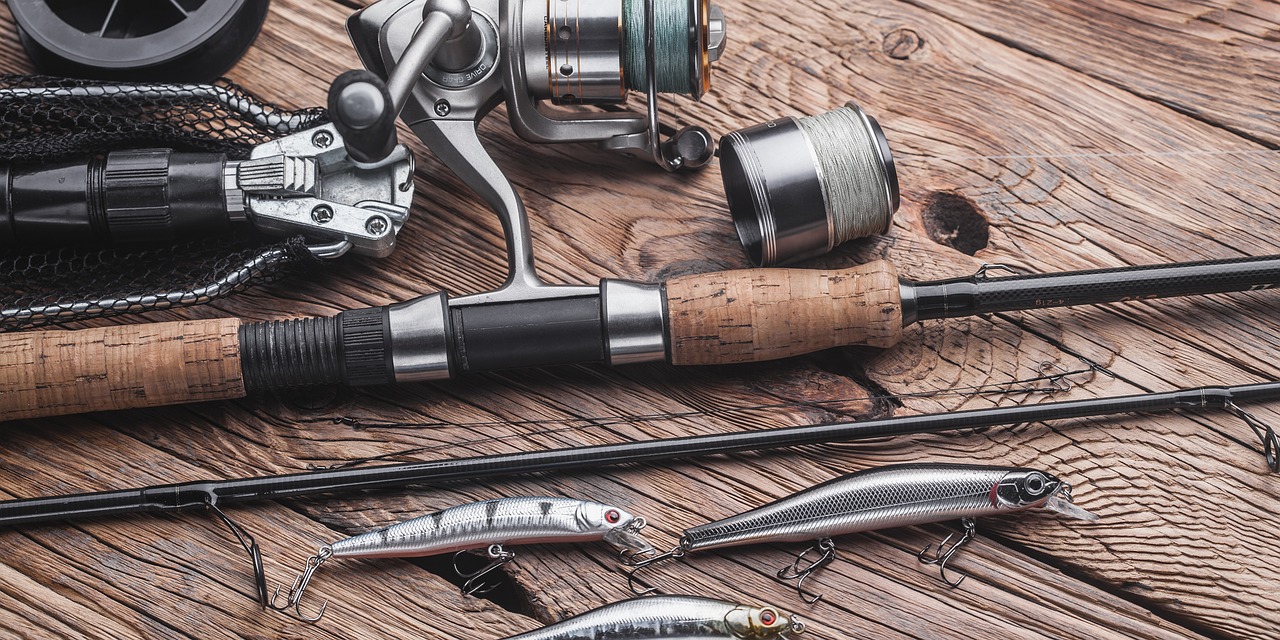No Regrets: 10 Key Things to Consider Before Moving to the Country
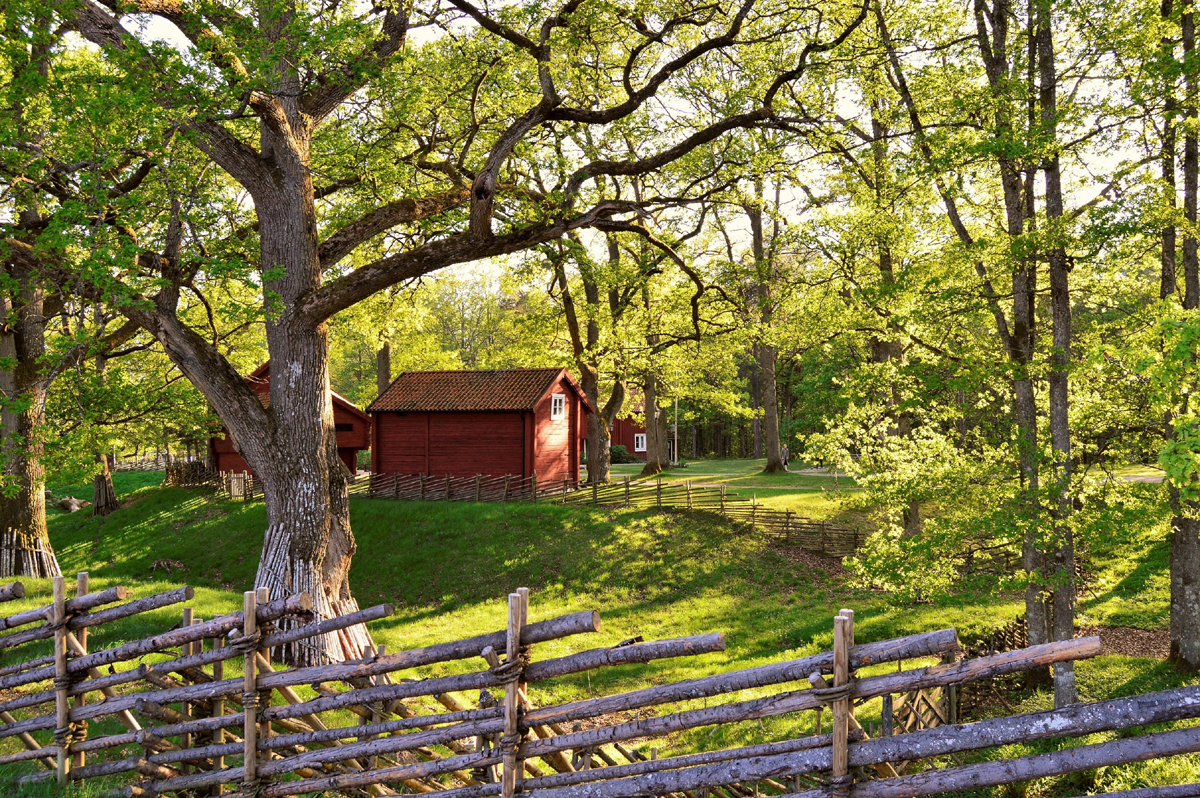
The country lifestyle is not for everyone. Every day I commute into my job in the city I hear at least one fellow commuter complaining about the ferry service. Or about logging on the local mountain. Or the weather. Which always leads me to wonder, What did you think it would be like when you moved somewhere you can only access by ferry/has a long history of logging/where it rains a lot?
It’s all about preparation. Knowing what you’re getting into with a rural property. And being honest with yourself. Is country living really for you?
Here are a few things to ponder before committing to the rural lifestyle:
Income
What will you do for income? Will you commute to your current job? Will you work part-time from home? Will you take this opportunity to finally start your online business? How much income will you need to live on your rural property full time? Be honest with yourself. There’s nothing that will crush your dream faster than realizing you don’t have enough money. Unless you’re independently wealthy (yay!) – then you can skip to #4.
Commuting
How long will it take you to get to work? What will the costs be, in time and money? If you do decide to commute, it will obviously dictate the location of your new property. I live a 40 minute ferry ride, plus a half hour or more of waiting for the ferry to and from, and another 1.5 hours of riding the bus. That’s more than 2.5 hours of travel to work in the office for 6 hours (one day a week, but still). Seems a bit silly, which is why I’ve just left that job and am now working from home full time. Much better.
Working from Home
If you’ll be working from home, will you have a designated office space? Is there a reliable high speed internet service available in the area of your rural property? Will you be easily distracted by all the jobs that need doing around the property? I speak this one from experience. It’s so easy to put that writing assignment aside when the wood pile needs re-stacking or the chickens are being chased by the neighbor’s dog. Working from home requires a high level of discipline, which is even more challenging when you have a property that requires a lot of your time. All the time…
Water Supply
Does your new property have access to municipal water or does it have its own water supply? If it has a well or surface water (creek, lake), has the water been tested by a reliable lab? Were the tests taken recently? Depending on where you live in the world, both well and municipal water supplies may contain substances you don’t want your family ingesting. Think pesticide residues. Rocket fuel. Arsenic. Poop. Always have well water tested at a reputable lab, and the water supply source confirmed. Your local municipality or county extension office should have testing resources available, or at least be able to point you in the right direction. Give them a call.
Emergency Services
Do you have a medical condition that requires regular care? How far away is a trauma center should you need it? How long would an ambulance take to get to your house? Are local doctors taking new patients? The first time you whack your leg with the firewood axe or the chickens scratch the dickens out of your arms, you’ll want to know that medical help is close by.
Isolation
Are you a person who thrives with lots of people and activity around you? Or do you enjoy the quiet and are comfortable being a bit isolated? If you’re someone who likes a lot of noise and activity, you’ll likely find country life a little boring. And quiet. And maybe a little scary. The first year we were in our little cabin in the woods, I didn’t sleep much. Every noise, every crackle in the dark, my heart was up in my throat. For no reason at all, of course. Something to ponder.
Weather and Road Maintenance
Is the road servicing your property maintained by local government or a private contractor? What is the official priority for road clearing in winter or after storms? You’ll want to know this. Our road is quite remote and not a critical route. If I’d lived here two winters ago, I’d have been locked in the snow for weeks, as the road was lowest on the priority list. I drive a tiny little car. Not so smart for the snow, but I’m not willing to impact the environment by driving a truck. So I keep my fingers crossed – and have good snow tires,.
Electrical Outages
How often does the power go out in the area? How long does it take to get back running, on average? Is your new property on a priority trunk? You can have all sorts of back-up electrical systems in place, but continual power outages are hard on your electronics, and your pocketbook. Now, if you plan to set up completely off-grid electrical systems, you can obviously ignore this one! But you’ll still need to know how to fix and maintain your systems, or at least who to call should you need help.
Natural or Industrial Hazards
Does your desired property sit on a floodplain (near a river)? At the bottom of a hill? Near a factory or mill? All of these things will determine the potential for catastrophe. And your insurance costs (or if insurance would even be available). So often we hear of properties being wiped out by floods along rivers with an active flood history. Don’t be one of those people, no matter how gorgeous the property might be. The flood might only happen once every 100 years, but you don’t want to be there when it does.
Zoning, Planning & Services
Is there an official community plan in the area? Are there plans for industrial or residential development nearby? If the property is serviced by the municipality or county, are there plans for upgrading water or sewer systems? Is there garbage collection? Over and over we hear about city people moving to the country and then wanting it to either be just like the city (services), or they don’t want anything to ever change again, ever (development), or they don’t want to pay for changes already in the pipe. Ask questions first and be comfortable with the answers you get. Make sure you’re not one of those folk that rural people love to complain about.
There are a lot of questions you need to ask yourself before changing your lifestyle so dramatically, but these 10 topics will help you get some clarity around whether or not a life in the country is for you. If it is, the rewards are fantastic. If not, then you’ve saved yourself years of headache and heartache. Either way, congratulations!
The Author:
Victoria Gazeley is a designer and communications professional living in an 80-plus year old restored log cabin homestead on a 6 acre rural property in coastal British Columbia, Canada. From urban rush to rural homestead… with style! You can visit her online at modernhomesteading.ca. tips, interviews with experts, and more.
Photo. Jonathan Petersson

